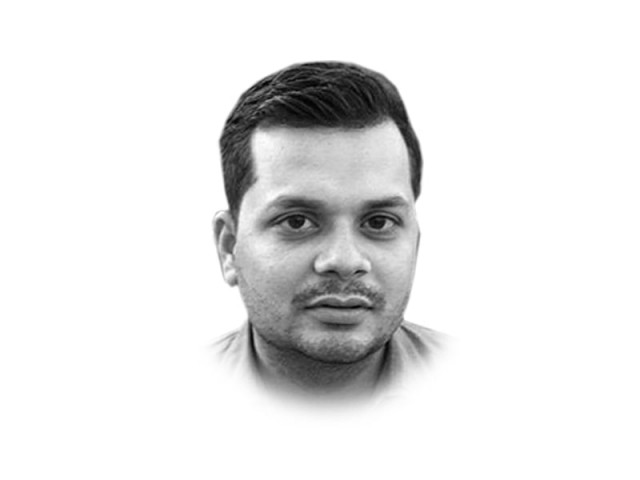The case against election forecasting
Is it really the job of the media to tell us who will win? Are journalists astrologers?

The writer is a journalist in Delhi whose work has appeared in The Christian Science Monitor and The New York Times. He tweets @DilliDurAst
When the candidate begging for votes goes away, the conversation returns to the 'hawa'. Which way is the wind blowing? Different people give different answers. In a multiparty democracy, there are many candidates in any contest. Voters don't want to waste their vote on inconsequential candidates. They want to know who the real contenders are, the candidates who will get the top two or three largest number of votes. The popular understanding of the 'hawa' can change a voter's mind.
Sure, there are voting blocs. A Dalit in Uttar Pradesh will vote for Mayawati's party, even if the candidate is an upper caste thug unlikely to win. But if all voters had fixed caste and religion-based affiliations, why would the election result differ every time? The key to winning an election lies not in your vote bloc — that's the foundation that makes you a serious contender —but the floating, undecided, fence-sitting vote.
This unaffiliated voter is heavily influenced by the 'hawa'. Often, the 'hawa' becomes important for vote blocs, too. So, the Muslim voter wants to know who is likely to get the second largest number of votes, so that Muslims could en masse vote for that candidate and make him win over the BJP candidate.
Many of my friends think I overestimate the 'hawa' business, because a large variety of factors define how Indians vote. But if the 'hawa' is not a key factor, why is it the main question at every chai shop in an area under election? Why do politicians pay local papers to publish news articles suggesting that they are the ones winning?
The 'hawa' is nothing but the Habermasian 'public sphere'. Naturally, riding the 'hawa' means using unethical means, too, such as disinformation campaigns. The Election Commission has been concerned about 'paid news'. And now, the Election Commission has suggested that the media's ‘pre-poll surveys’, which predict which party will get how many seats, should not be allowed in the media once the election is announced. I would say, they should not be allowed at all.
These surveys are an unfair influence on the 'hawa' because they have a truth claim. They aren't the expectation or prediction of one journalist or organisation. The claim is instead of a scientific and objective way that can foresee the result. Banning election forecasting would be a 'reasonable restriction' to the right to freedom of speech and expression as it interferes with the democratic process of the two-way communication between voters and the candidates.
Which would be fine if they were accurate, as in the US with its two-party system, but in India they get it wrong all the time. The media house that gets the result least wrong declares victory. Part of the problem is that in a democracy where a candidate can win by one vote, there is no scientific way of converting the vote percentage that a survey comes up with into seats. It's all guesswork. Hypothetically, it is possible to get more votes across a state but get less seats than its competitor.
I have seen first-hand in Rajasthan how college students hired to conduct election surveys fill-up the forms themselves. The surveys also tend to have an urban bias — who will trudge through the villages?
Surveys make for good TRPs, because they pander to our base instinct of knowing the future. They keep us hooked in anticipation, like the film [Peepli] Live, where the question 'Will Natha commit suicide or not?' keeps news TV busy.
But is it really the job of the media to tell us who will win? Are journalists astrologers? Shouldn't they instead spend their energies on the real election, go on the ground, get the voter's voice? How long will we have to suffer the pseudoscience of TV studio psephology?
Published in The Express Tribune, August 2nd, 2013.
Like Opinion & Editorial on Facebook, follow @ETOpEd on Twitter to receive all updates on all our daily pieces.














COMMENTS
Comments are moderated and generally will be posted if they are on-topic and not abusive.
For more information, please see our Comments FAQ